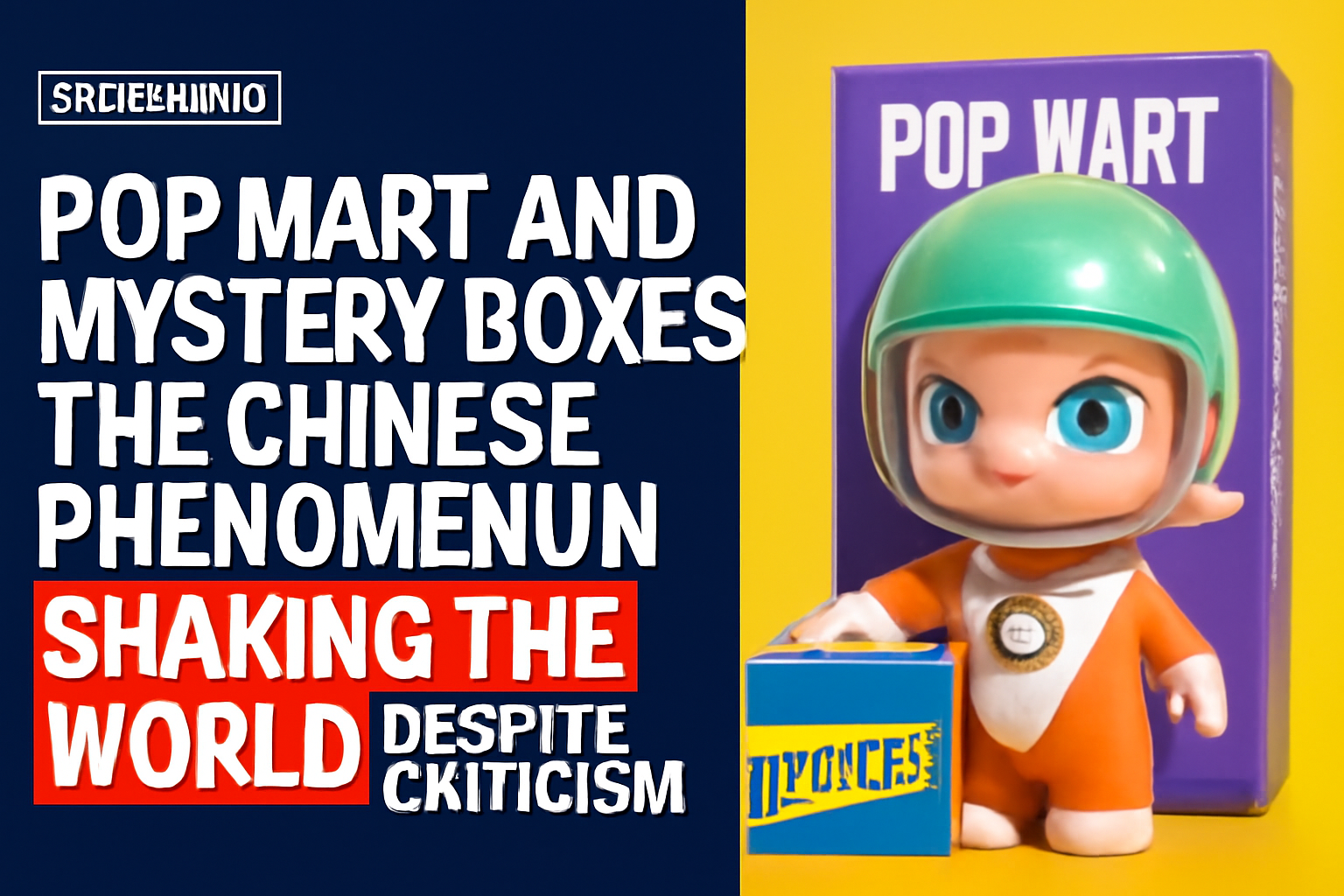Welcome to the world of Pop Mart, the Chinese giant selling mystery boxes filled with blind figurines known as Labubu dolls. Despite recent harsh criticism from Chinese state media like People’s Daily, especially over sales to children under eight, Pop Mart continues to dominate the market and shows no signs of slowing down.
Mystery Boxes Under State Scrutiny
An editorial in People’s Daily on June 20th sharply condemned the sale of blindly packaged toys to children, demanding stricter controls including age verification and parental consent for online purchases. While Pop Mart was not explicitly named, the sales system where buyers do not know which figure they will get is the direct target of criticism. As a result, the company’s stock price dropped over 12% in one week but quickly recovered and remained near its historical high from mid-June.
Who Buys Pop Mart Products?
Analysts point out that the main buyers are not children but Generation Z and millennials, making the company less vulnerable to new regulations. Moreover, Pop Mart increasingly relies on foreign markets, especially Southeast Asia, where it is predicted that only 30% of revenue will come from China in the next ten years. In North America, revenue has risen by over 50%, and the company now has 90 vending machine locations across the US. HSBC forecasts that foreign revenue could more than double this year, reaching 14 billion yuan (about $1.95 billion).
The Economy of Desire and Exclusivity
The popularity of Pop Mart products lies in the so-called economy of desire — younger consumers want exclusive figures at affordable prices. Blind box prices range from 59 to 65 yuan, while rare models at auctions fetch six-figure sums. However, the company faces challenges such as delivery delays, resellers, and counterfeits, especially in exports. In just the first half of the year, customs at Ningbo port seized over a million fake Labubu dolls.
What’s Next for Pop Mart?
To refresh the brand, the company has ventured into the entertainment industry — opening the Pop Land theme park in Beijing, launching a film studio, and popup stores. Founder Wang Ning publicly stated he wants to create a Chinese Disney. Although these projects require huge investments and different skills than toy sales, analysts believe Pop Mart will remain a stable leader in its niche in the near term.
Conclusion
While the Chinese state tries to clamp down on addictive mystery boxes, Pop Mart is not backing down! With growing revenue, expansion into foreign markets, and ambitions to become the Chinese Disney, this phenomenon is far from falling. Is it just a toy or a dangerous addiction? Have you opened your blind box yet, or are you waiting for the state to decide what’s allowed? Drop a comment — maybe your favorite figure holds the secret to Pop Mart’s success!









